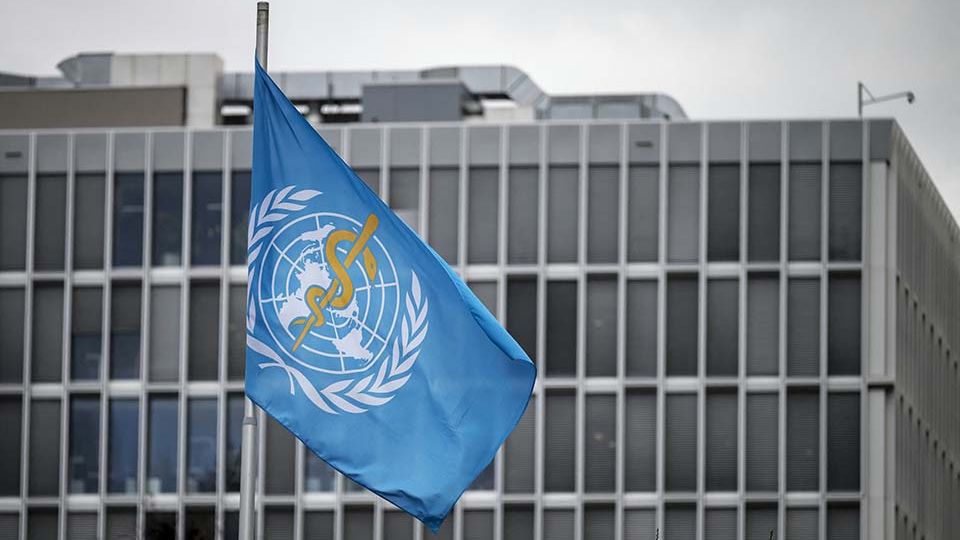May 26, 2025
NEW DELHI – The Ministry of Ayush and the World Health Organization (WHO) have signed an agreement to transform the global standing of traditional medicine systems. The agreement marks the beginning of work on a dedicated traditional medicine module under the International Classification of Health Interventions (ICHI), the ministry said in a statement.
Speaking about the significance of the agreement, Prime Minister Narendra Modi, in his address to the nation on Mann Ki Baat, stated that an MoU was signed in the presence of WHO Director General and his “friend Tulsi Bhai” (Dr Tedros Adhanom Ghebreyesus). “Along with this agreement, work has started on a dedicated traditional medicine module under the International Classification of Health Interventions. This initiative will help in making Ayush reach the maximum number of people across the world in a scientific manner,” Modi said.
The WHO Director-General said in a post on X, “Pleased to sign an agreement for a $3 million contribution from #India to @WHO’s work on traditional medicine and the International Classification of Health Interventions, with @moAyush Secretary Vaidya Rajesh Kotecha. We welcome ’s continued commitment to #HealthForAll.”
The ICHI, complementing WHO’s International Classification of Diseases (ICD-11), documents the treatments and health interventions administered. A statement from the ministry stated that the inclusion of a traditional medicine module — covering therapies from Ayurveda, Yoga, Siddha, and Unani systems, such as Panchakarma, Yoga therapy, Unani regimens, and Siddha procedures — will now be recognised in globally standardised terms.
It also highlighted benefits such as transparent billing and fair pricing for Ayush services, smoother integration of Ayush treatments into health insurance coverage, enhanced hospital management, clinical documentation, and health research, and greater global accessibility to Ayush interventions.


